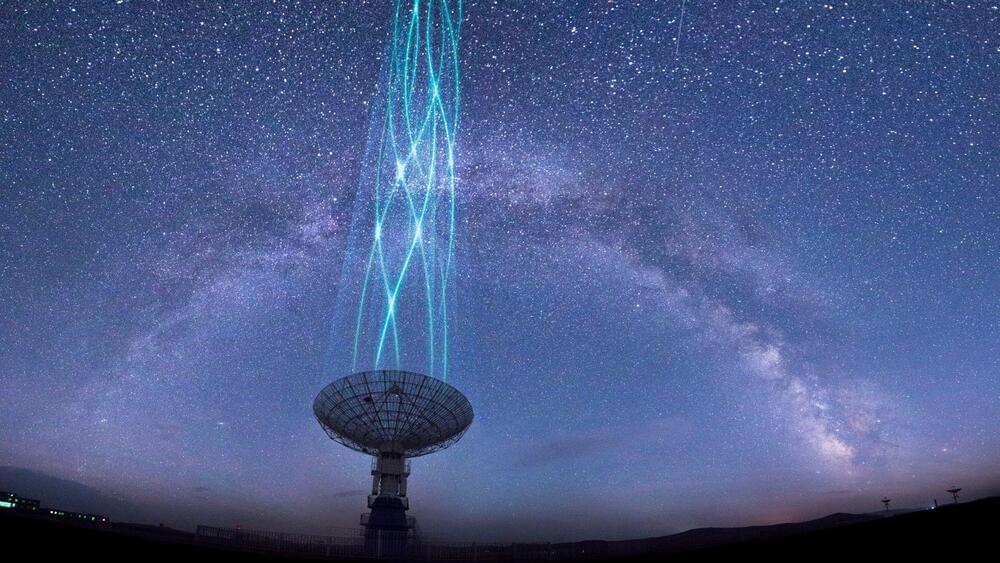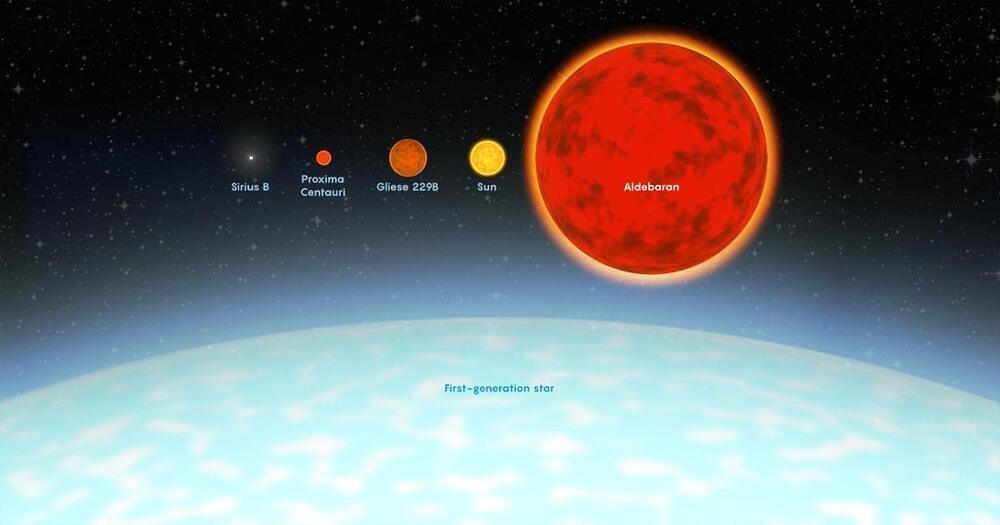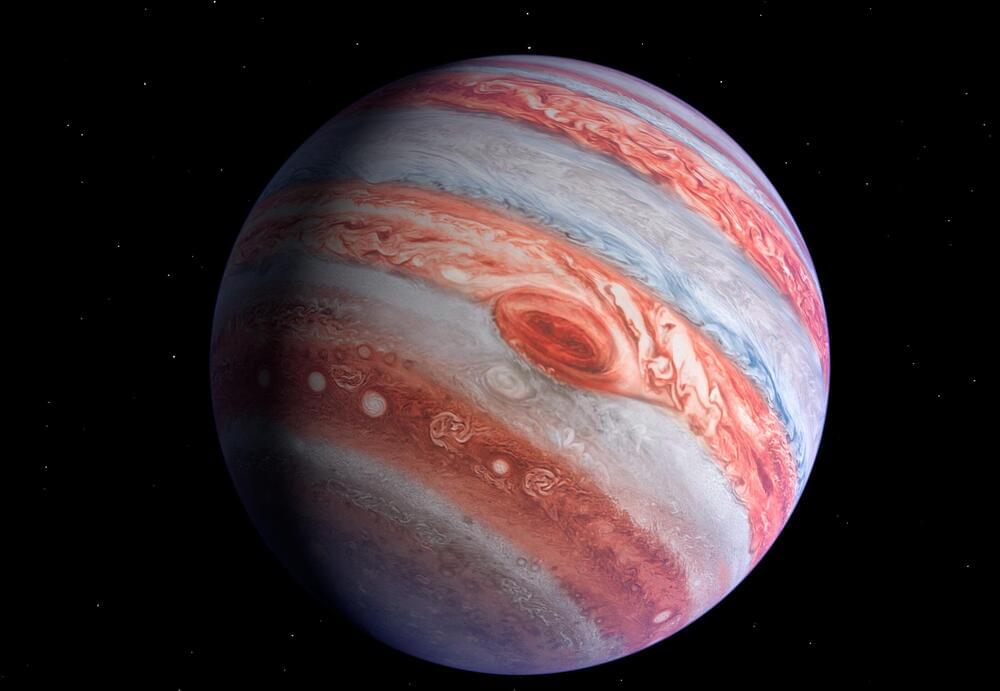Renowned physicist Neil Turok, Holder of the Higgs Chair of Theoretical Physics at the University of Edinburgh, joins me to discuss the state of science and the universe. is Physics in trouble? What hope is there to return to more productive and Simple theories? What is Peter Higgs up to?
Neil Turok has been director emeritus of the Perimeter Institute for Theoretical Physics since 2019. He specializes in mathematical physics and early-universe physics, including the cosmological constant and a cyclic model for the universe.
He has written several books including Endless Universe: Beyond the Big Bang and The Universe Within: From Quantum to Cosmos.
00:00:00 Intro.
00:03:28 What is the meaning of Neil’s book cover?
00:06:46 The Nature of the Endless Universe.
00:14:31 What would happen to James Clerk Maxwell and Michael Faraday on Twitter?
00:16:10 What’s wrong with physics today?
00:20:06 How did Neil’s life change after his theory was proven wrong?
00:23:28 Neil shows us fundamental laws of the Universe in equations.
00:33:59 How well do our modern equations satisfy the conditions of the observable Universe?
00:56:29 How is the Universe simple?
01:20:01 Can Neil’s model explain flatness without inflation?
01:54:54 Existential Questions on the meaning of life, advice to his former self, and things he’s changed his mind on.
Join this channel to get access to perks:
https://www.youtube.com/channel/UCmXH_moPhfkqCk6S3b9RWuw/join.
📺 Watch my most popular videos:📺




